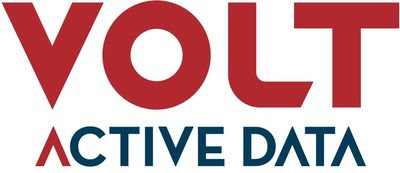SINGAPORE, April 28, 2022 /PRNewswire/ — Finbots.AI, an AI-envisioned firm bringing innovation to banks and financial institutions, today announced it has raised USD 3 million in a Series A round from Accel. This investment is from Accel’s Fund VII, and is the first external investment for Finbots.AI. The funds will be used towards accelerating product enhancement, marketing and sales, and customer support besides recruiting of senior talent and team expansion across its offices. India drives all of the global development and support for Finbots.AI, with its corporate headquarters in Singapore and a regional head office in Dubai.
Commenting on the successful Series A fundraise, Sanjay Uppal, Founder and CEO of Finbots.AI, said, “This new funding unlocks the next phase of growth for Finbots.AI. Financial institutions today need pathbreaking solutions to solve their complex challenges brought by legacy platforms. Tapping on AI-enabled solutions can help them transform exponentially. We are thrilled to have Accel as a partner in this journey, further cementing the potential and trust in our solution. Accel’s impressive track record with growth stage companies will be a key support for Finbots.AI. We have an enormous growth potential and I am excited for our journey to transforming financial services.”
Since its inception in 2017, Finbots.AI identified an opportunity to use AI-powered solutions to aid banks and financial institutions to overcome industry challenges. ZScore is a full-scale AI-driven credit scorecard system for lending institutions that spans the entire credit lifecycle. Equipped with an intuitive user interface and robust scorecard development capabilities, ZScore rapidly develops higher accuracy credit scorecards by using advanced Machine Learning algorithms that utilise historical traditional and alternate data to automatically build, validate, and deploy real-time, high-performing risk models.
Mahendran Balachandran, Partner at Accel, shared, “The Finbots.AI team brings decades of collective experience in financial services and technology, and we see great potential and promise in their solution – ZScore – as it strives to remedy and bridge the limitations of legacy credit systems. We, at Accel, are delighted to be a part of Finbot.AI’s growth as they propel forward to enhance financial services by leveraging AI technology to serve the entire community – ranging from the large banks to the small lenders. We see massive potential in this region and FinTech as a vertical.”

